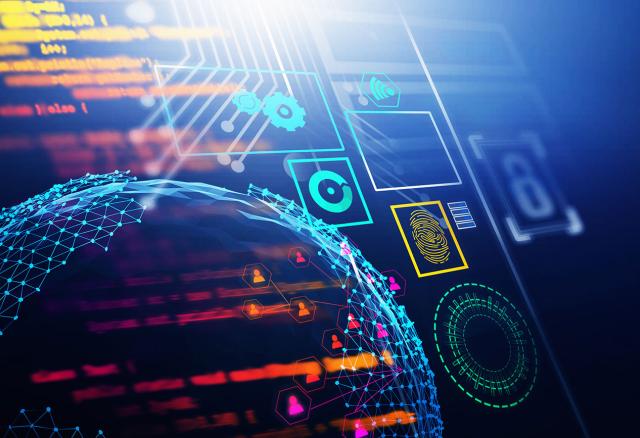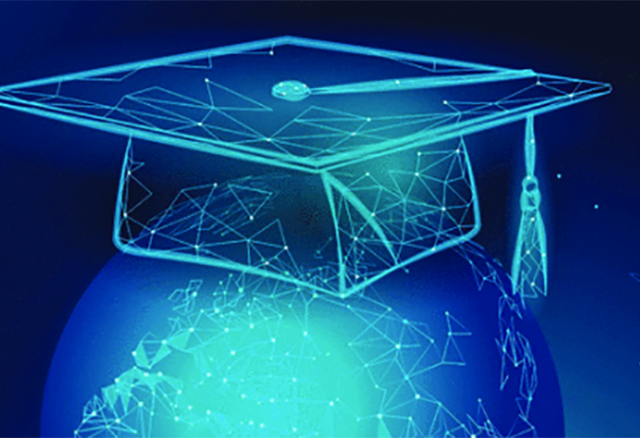Member Highlights: Satoshi Nakamura
Satoshi Nakamura received his B.S. degree in electronics engineering from Kyoto Institute of Technology, Kyoto, in 1981. He received his Ph.D. in…
Read moreSPS Webinar, 14 September 2021: Case Studies of Deep Learning for Channel Decoding and Power Control
This webinar will demonstrate how deep learning can solve difficult communication problems that prior approaches often fail with two case studies…
Read moreSPS Webinar, 2 August 2021: Learning a Convolutional Neural Network for Image Compact-Resolution
We study the dual problem of image super-resolution (SR), which we term image compact-resolution (CR). Opposite to image SR that hallucinates a…
Read moreSeries to highlight women in Signal Processing: Selin Aviyente
Selin Aviyente received her B.S. degree with high honors in Electrical and Electronics engineering from Bogazici University, Istanbul in 1997. She…
Read moreUpcoming Webinar, 2 July 2021: Facial Expression Analysis with Attention Mechanism
Facial expressions are configurations of different muscle movements in the face. The local characters of muscle movements play an important role in…
Read moreExploiting Cellular Signals for Navigation: 4G to 5G
Global navigation satellite systems (GNSS) have been the main technology used in aerial and ground vehicle navigation systems. As vehicles approach…
Read moreUpcoming Webinar, 24 June 2021: Learning the MMSE Channel Estimator
This webinar will discuss the MMSE channel estimator for a simple SIMO system model, without knowledge of the required channel statistics. Although…
Read moreUpcoming Webinar: 28 April 2021 by Dr. Fernando Gama
Graphs are generic models of signal structure that can help to learn in several practical problems. To learn from graph data, we need scalable…
Read moreUpcoming Webinar: 15 March 2021 by Dr. Zhiguo Ding
With the current rollout of 5G, the focus of the research community is shifting towards the design of the next generation of mobile systems, e.g., 6G…
Read more2021 SPS Chapter Certification Application now open!
This IEEE Signal Processing Society (SPS) Chapter Certification program is now accepting applications for review in 2021. This is open to all…
Read more





